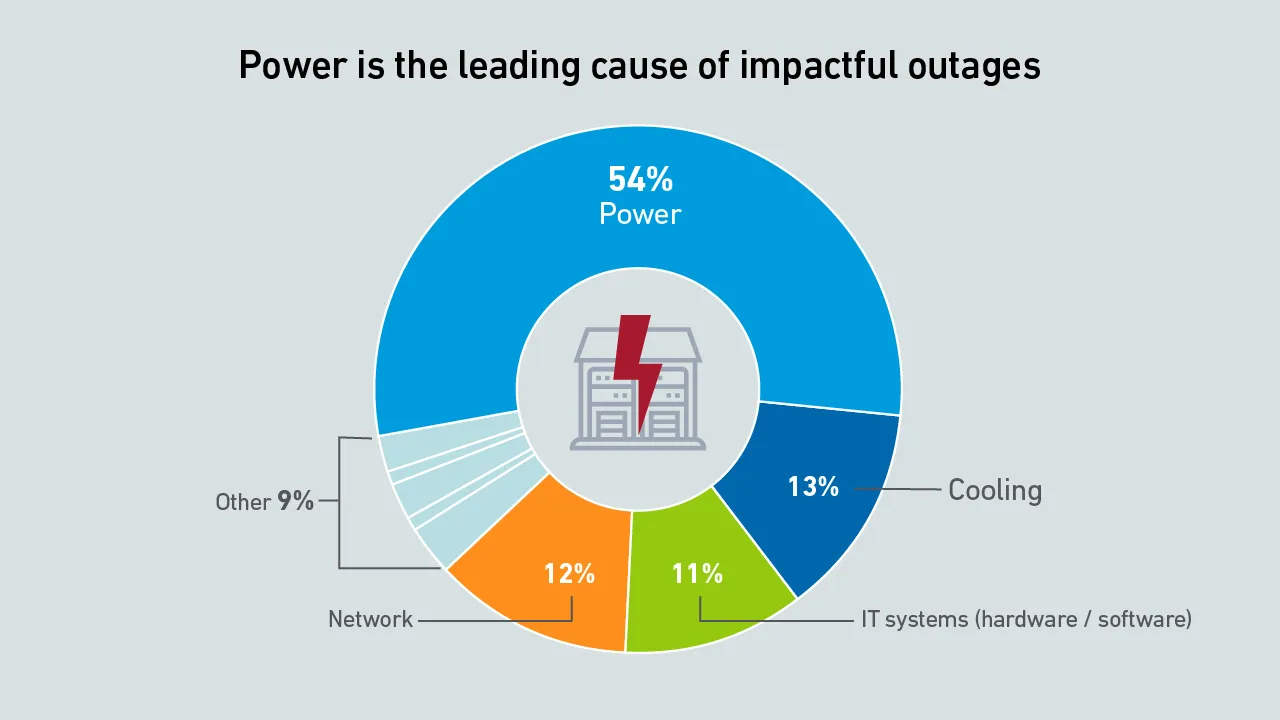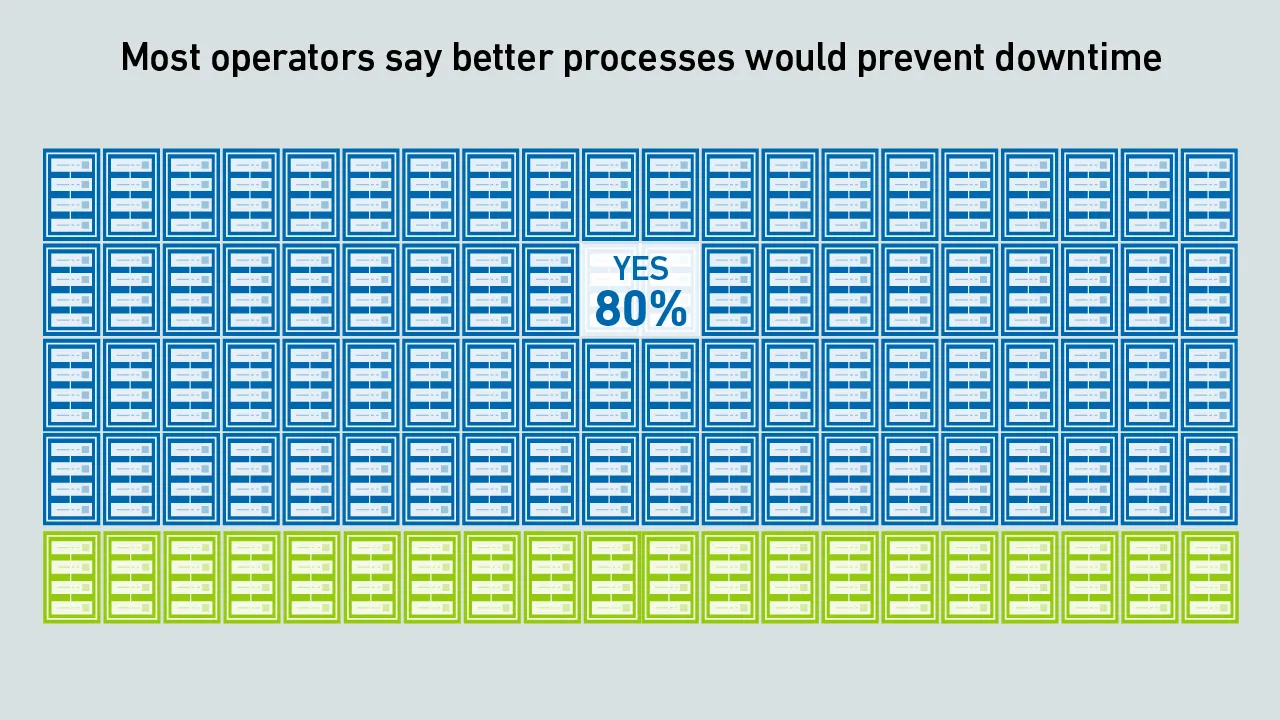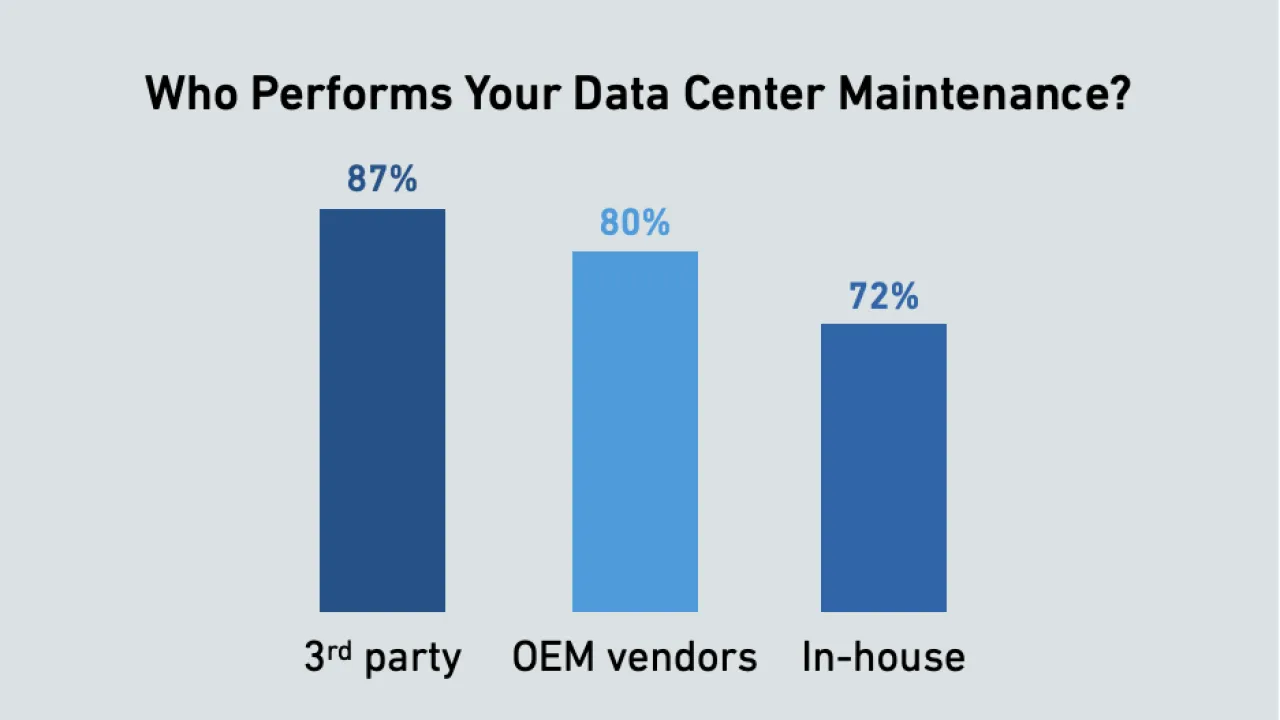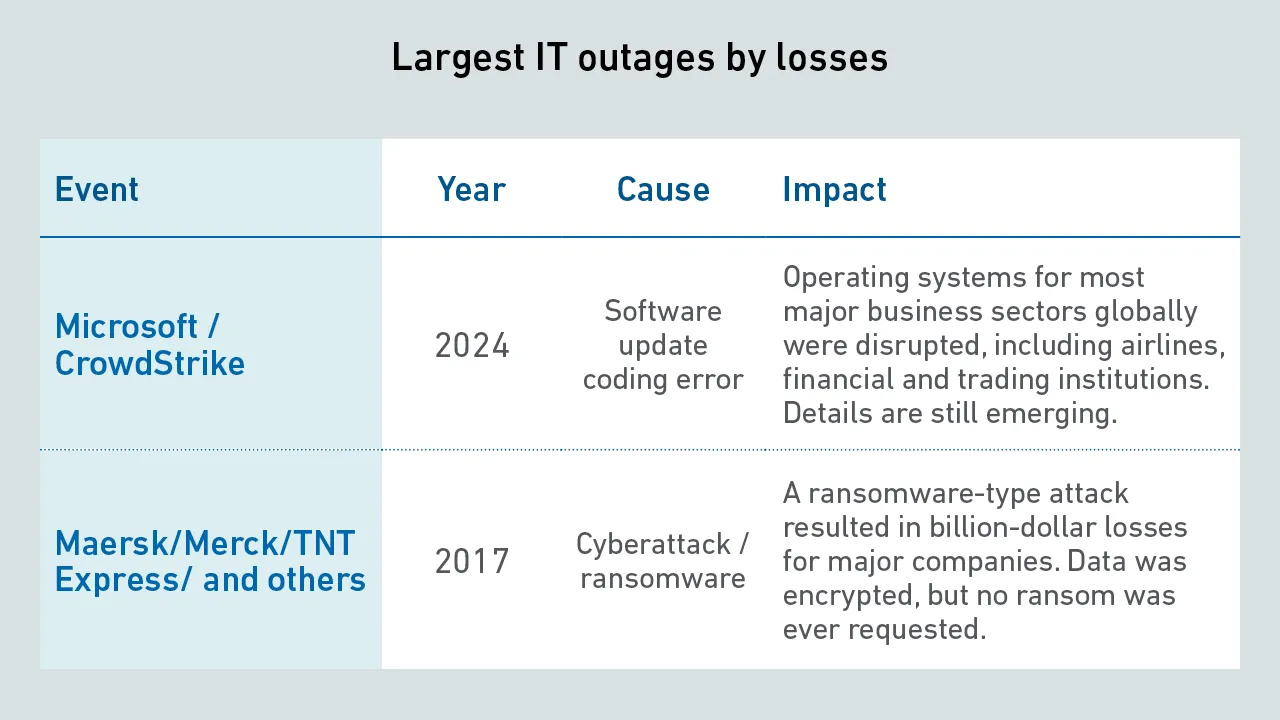Hydrogen is a promising energy storage medium that can help decarbonize infrastructure. It is not a great fit for the majority of data centers, and the hydrogen economy is not fully developed.
filters
Explore All Topics
The data center industry's drive for carbon-free growth appears to be at odds with electricity grid stability. Data center operators will need to reorient their strategies to integrate growth, efficiency and decarbonization.
Software updates by third-party IT providers occur every day, either in the cloud or on-premises. The recent global IT outage has exposed a hard truth: that another major event is likely to occur.
The Netherlands has started to publish data center EED information and KPI reports - the first EU nation to do so - but with only 25% of reported IT space including data on energy and water use, the 2024 data report will not provide meaningful data.
Water use has become a critical element of a sustainability strategy. It is a location-specific issue: local climate and resources and the data center design will determine the water use profile of the facility.
Results from Uptime Institute's 2024 Artificial Intelligence (AI) and Software Survey (n=956) outline the role of AI in data center facilities, including workloads, as well as the practical and cost considerations of AI. It also explores other…
Data center cyber governance requires all key tasks to be identified, and that specific individuals are accountable for each task. Effective cybersecurity governance defines how key assets are protected and the roles that hold responsibility.
Data center teams and their suppliers need to build a coherent, achievable sustainability strategy to address emerging regulations. Managers should clarify roles and set cross-functional metrics to achieve sustainability goals.
Most operators will be familiar with the outrageous power and cooling demands of hardware for generative AI. Why are these systems so difficult to accommodate, and what does this mean for the future of data center design?
The data center industry's largest and most influential survey results are in! Join us as we discuss the 14th Annual Uptime Global Data Center Survey 2024 which reveals an industry that is expanding, and is also planning for major technological,…
The transition to direct liquid cooling has been a slow process. Today, operators work with water cold plates more than any other type of cooling, but this might change once a wider range of DLC types become available.
The 14th edition of the Uptime Institute Global Data Center Survey highlights the experiences and strategies of data center owners and operators in the areas of resiliency, sustainability, efficiency, staffing, cloud and AI.
Many data center operators are unaware that digitizing process documentation can impact staff performance. Understanding human psychology enables team leaders to create more effective digital versions of procedural documents.
Uptime Institute's 2024 Data Center Maintenance Survey benchmarked maintenance practices among data center operators to help organizations improve performance when it comes to maintenance practices
Several recent outages have exposed the global dependency on a small number of third-party suppliers - and governments around the world are already taking note.
 Peter Judge
Peter Judge
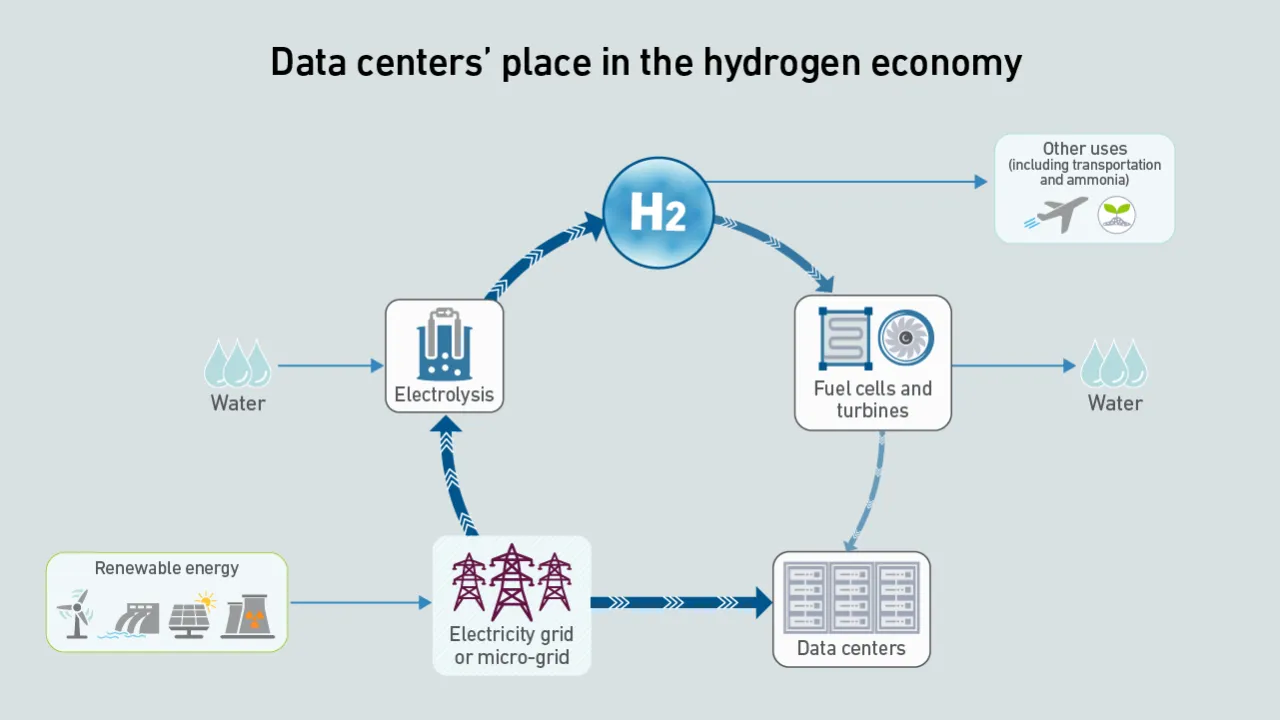
 Jay Dietrich
Jay Dietrich
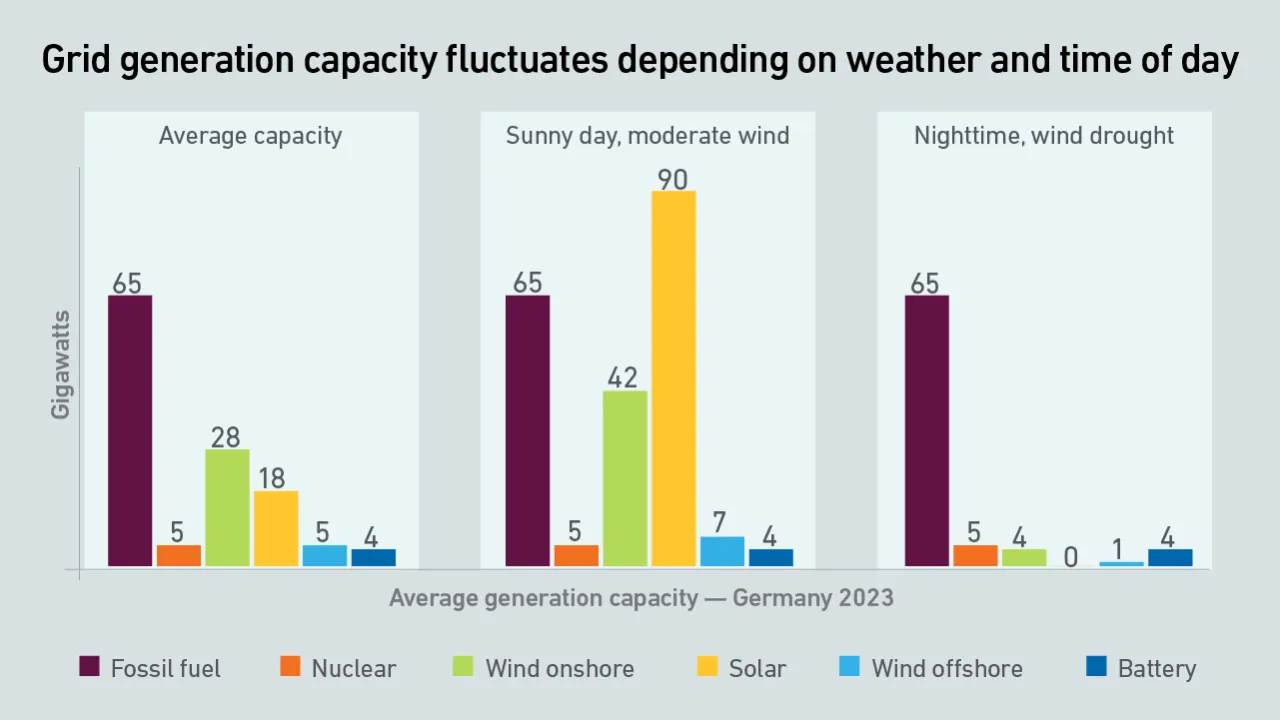
 John O'Brien
John O'Brien
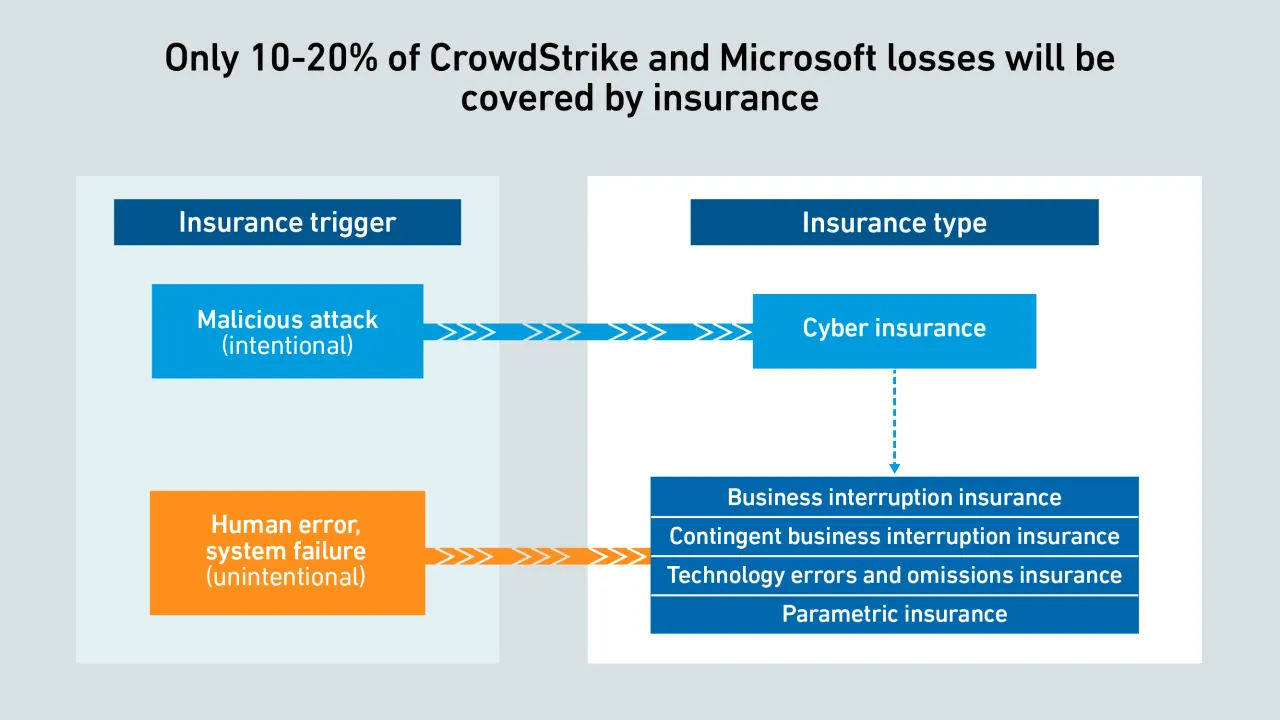

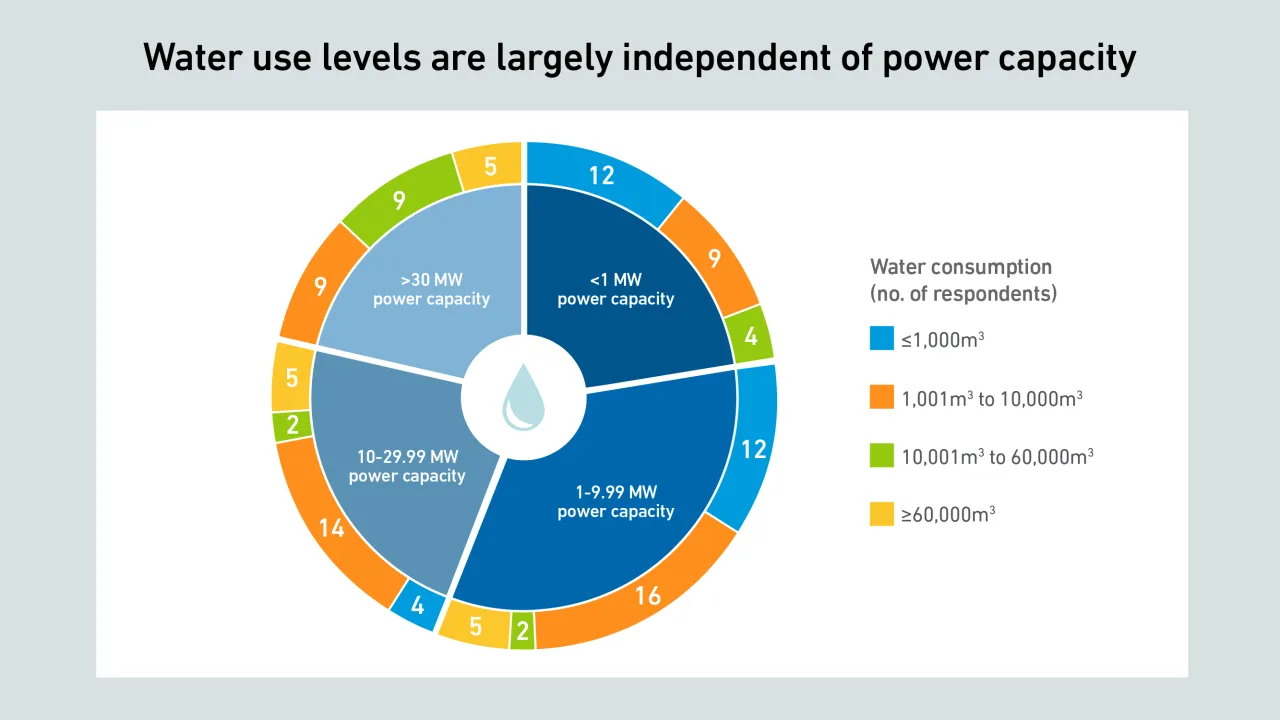
 Anthony Sbarra
Anthony Sbarra
 Laurie Williams
Laurie Williams
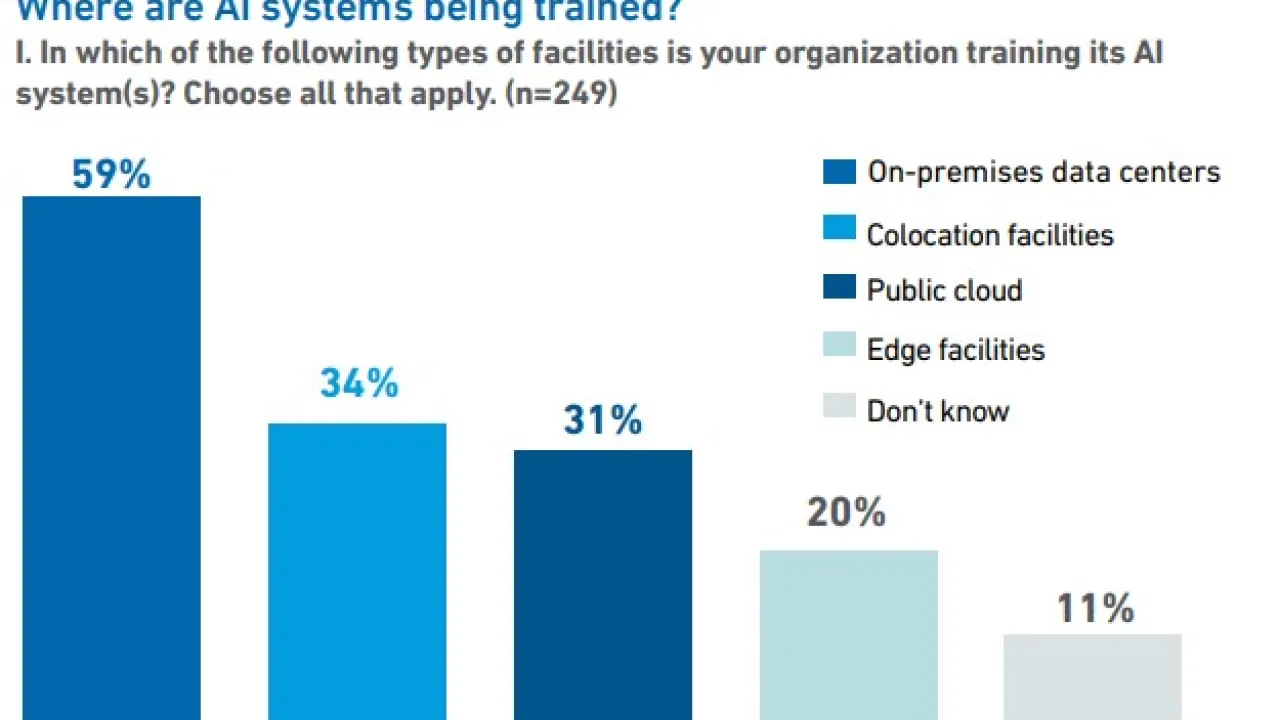
 Michael O'Neil
Michael O'Neil
 Antonio Ramos
Antonio Ramos
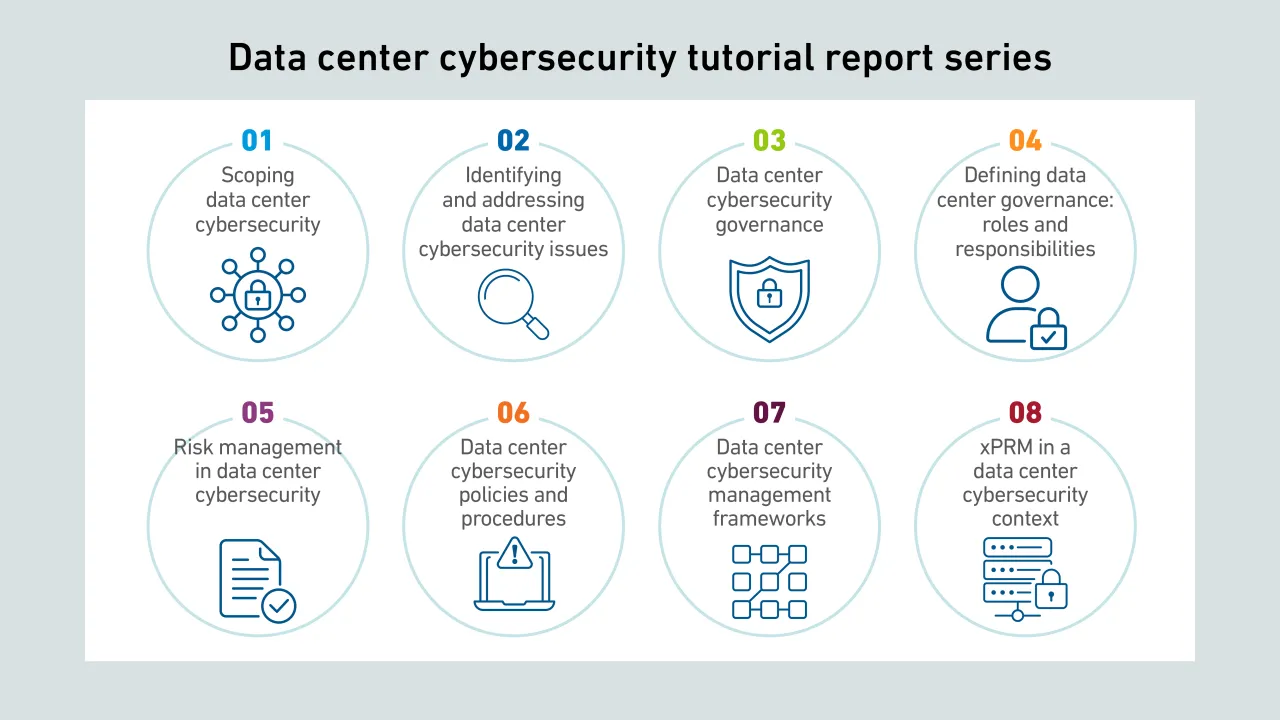
 Rose Weinschenk
Rose Weinschenk
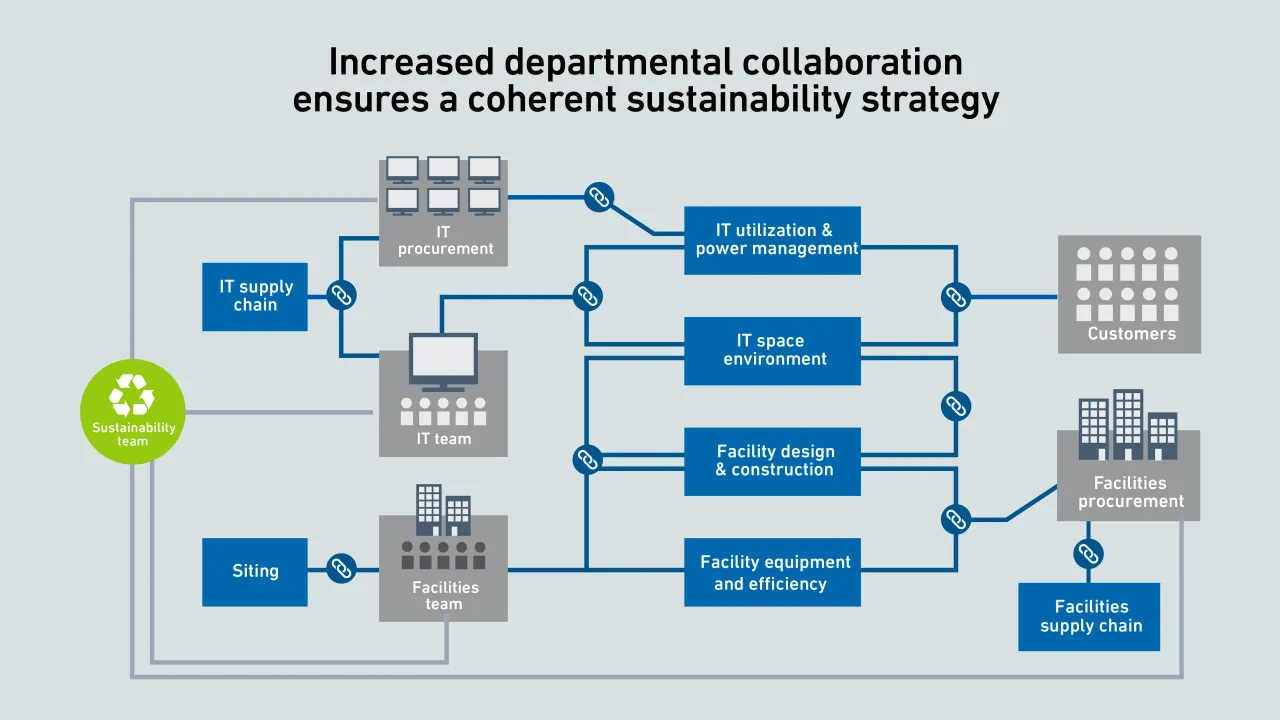
 Max Smolaks
Max Smolaks
 Daniel Bizo
Daniel Bizo
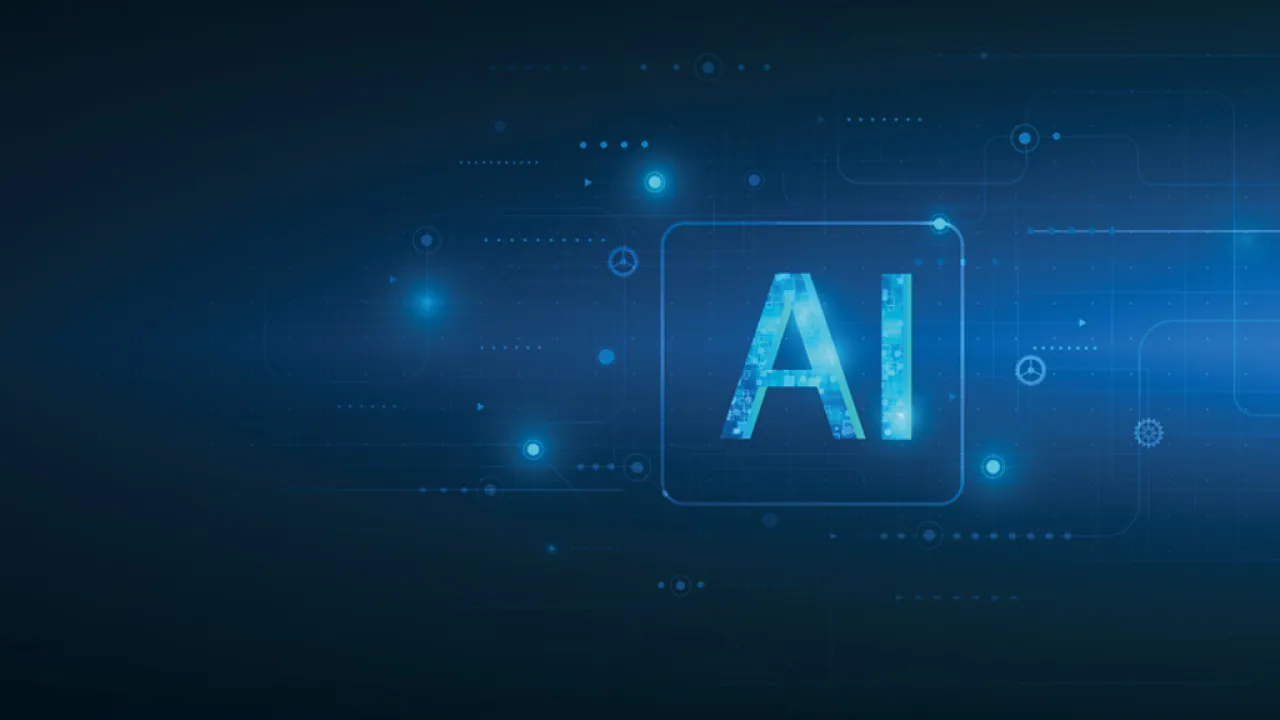
 Andy Lawrence
Andy Lawrence
 Chris Brown
Chris Brown
 Douglas Donnellan
Douglas Donnellan
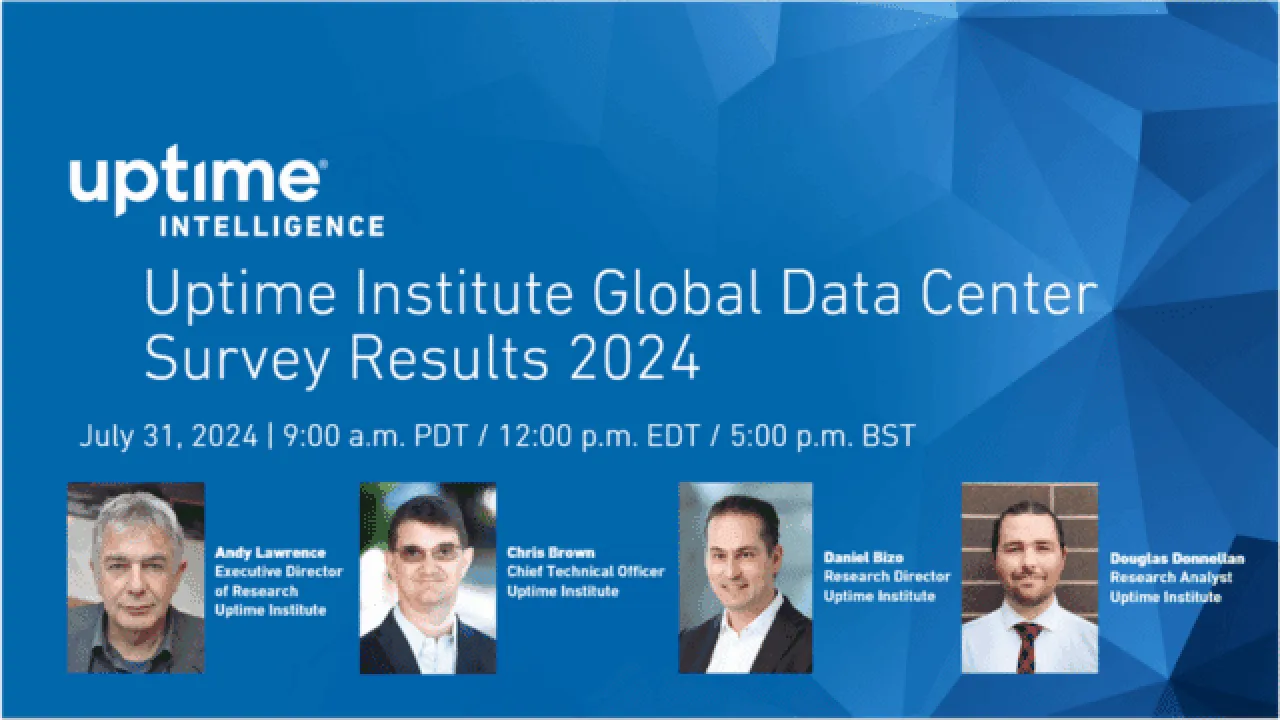
 Jacqueline Davis
Jacqueline Davis
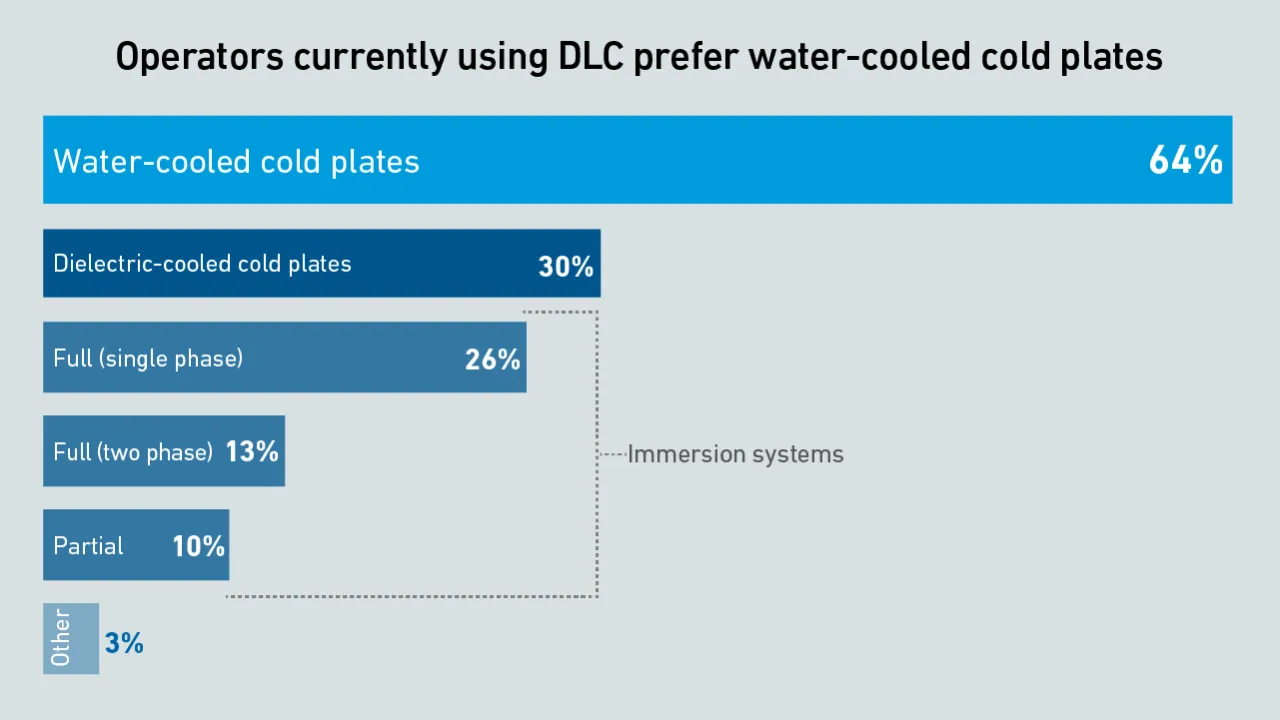
 Jabari Williams-George
Jabari Williams-George
